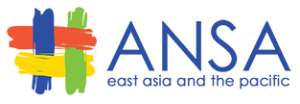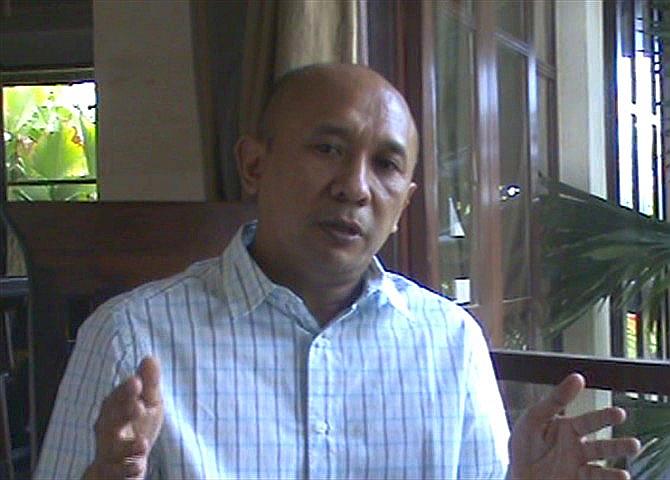If there is any reason why ANSA-EAP Executive Committee member and Transparency International-Indonesia Secretary-General Teten Masduki is keenly interested in social accountability, it is because it embodies his life’s work. “I am interested in social accountability because when I write about it, I think, ‘oh, this is what I have been doing for a long time.’”
For Teten, who has spent most of his life working against corruption, it is no longer possible to divorce his personal interests and successes from those of his organization. Anticorruption and good governance is his life mission, dating back to Soeharto’s time when he, then a teacher, got involved in the labor movement. He experienced the government’s intense efforts to suppress demonstrations and protests, which led him to establish a worker’s solidarity forum. This forum counted NGOs, leaders, social activists, among others, among its ranks. This was when he first saw the value of partnerships in the fight against corruption.
Shortly after Soeharto retired, Teten and partners established Indonesia Corruption Watch to battle rampant corruption in the country. “I think anticorruption needs a strong foundation, strong support from many—from various NGO groups and so on… The anticorruption movement should be decided by collective action, by people, the government and also the business sector. It is very important for me that anticorruption [work] includes confidence building among and inside government, business and the whole of society. Everyone involved should also be aware of and reap the benefits of anticorruption work. Without these, we could not get support from the population.”
For Teten, ANSA-EAP’ framework for engaging government through partnership building directly supports his personal anticorruption advocacy. It makes it sustainable in the long run, which matters a lot to him. It also provides the framework for long-term engagement. “ANSA-EAP’s concept is interesting to me. How do you engage society—from the government to the business sector and so on? I think ANSA-EAP’s idea to build and strengthen engagement between civil society and government is good. Civil society should be strong, have good capacity, knowledge, methodology.”
ANSA-EAP’s social accountability framework also serves to anchor his lifelong advocacy. “Usually, anticorruption is just focused on monitoring or watching the implementation of policies or budget. I think corruption starts from the planning and budgeting processes. So it is important, if we talk about planning and budgeting, to have room for people to participate in the process and know how to get access to information.”
Corruption, he adds, is “premised on the unbalanced relationship between society, government and the business. When the government is too strong and the society is weak, corruption is very high. So, I think ANSA-EAP’s social accountability perspective is helpful in equalizing and balancing this relationship.”
The concept of social accountability is helpful to Teten and his organization because it gets people truly involved in anticorruption efforts. “Anticorruption’s goal is not to send corrupt officials to the chair. Especially with the poor, the goal is to improve social welfare, to have better public services. The concept of social accountability is more concerned with looking at ways to improve the condition of public services. We have to work together with the grassroots in order to focus on the problem of society,” he says. “We also have to influence the government, and we have to organize the people. We have to build this movement.”
SAc provides entry points for people’s participation. “The problem of [Indonesian] society now is that we have no experience with how to work within the democratic arena because for a long, long time, we lived under an authoritarian government. We have to wake up and realize that we have the right to information, the right to organize, the right to speak. We have to wake people up to be more participative, to use the current opportunities presented to us. In the future, Teten hopes to make use of the tools now available to Indonesia –the Freedom of Information act, as well as the social accountability framework—to bring up people who are more active, proactive, who maximize their power and so on. “In the future, I dream that the whole democracy will work for the people.”

